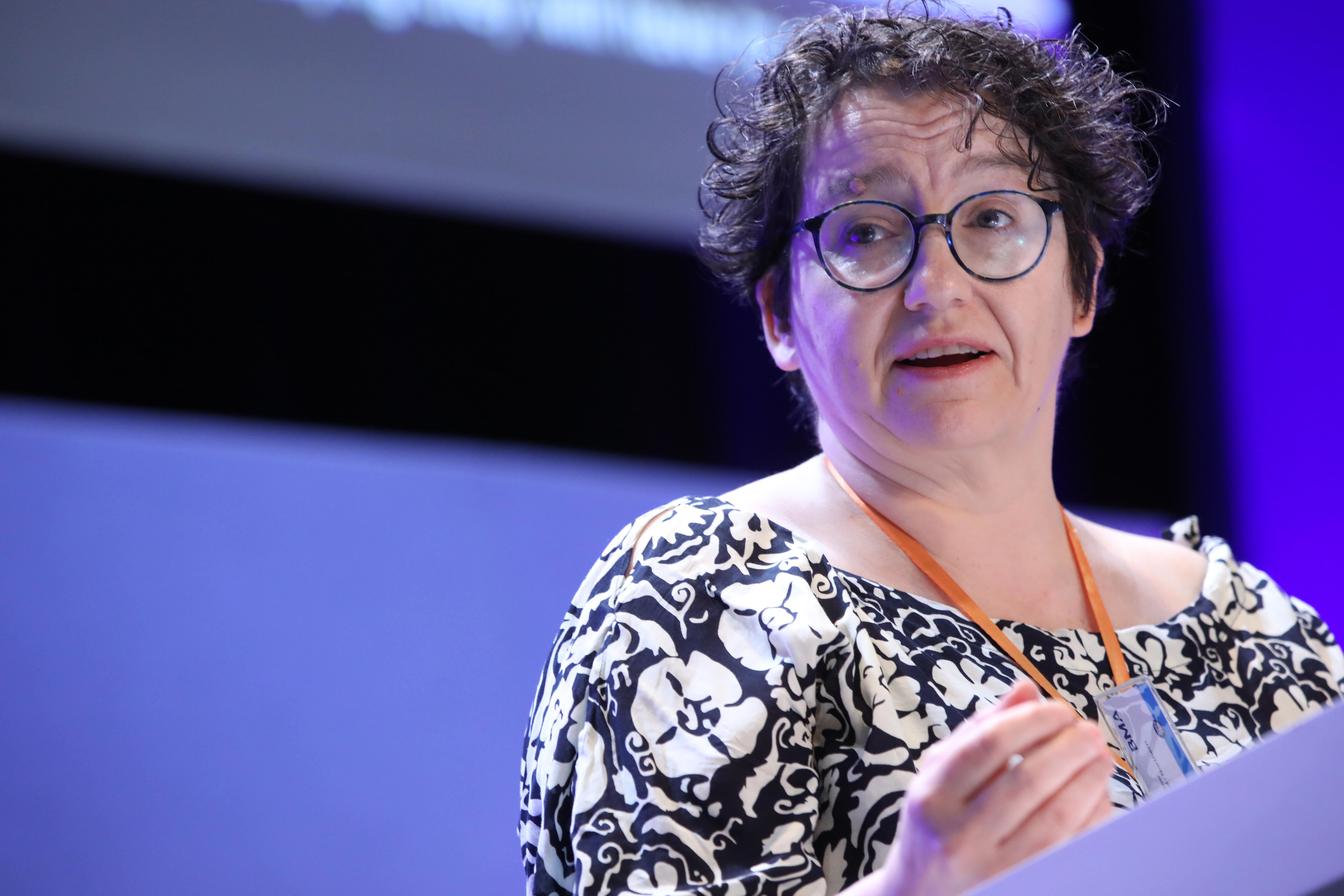‘It showed our health service and staff at their absolute best’

Alan Stout was chair of the Northern Ireland GPs committee during COVID, where he led on the rapid primary care response, ensuring GPs were able to deal quickly with a fast-changing environment.
‘There was widespread anxiety and apprehension at the start of the pandemic, mostly with the scale of the problem and with the many unknowns around safety and risk.
‘Despite this, it showed our health service and particularly our staff at their absolute best. We were able to adapt and to change instantly, we were able to preserve key services whilst providing the emergency response, and we were able to protect staff and patients. This was highlighted by the rapid establishment of COVID centres in primary care and also by the eventual rollout of the vaccine at a speed and scale never seen before.
‘There is no question that it has had a lasting impact on our health service. A particular legacy is a tired, stressed and unmotivated workforce and we now have to focus so much on support for them. We need to look at things very differently and services, response, expectations and most of all funding will also have to change to accommodate this.’
‘We worried about how we would cope if we had to nurse our colleagues or our own families’

Leanne Davison, chair of the Northern Ireland SAS doctors committee, worked as part of the ICU team in the Belfast Trust during COVID.
‘Like all of my colleagues in primary and secondary care, I faced many challenges over the last five years. When reports started coming through from China about a new virus, I initially hoped it would be a reasonably contained outbreak. However, as global incidence rose and reports came through from other countries, especially Italy, concern began to grow about what this pandemic would mean for delivery of ICU care.
‘Almost overnight we had to plan for massive upscaling in beds, oxygen delivery and ventilators as well as devising new infection control measures. We swiftly trained as many non-ICU staff as we could, from theatres and day procedure units, in how to look after ventilators and prone patients.
‘We worried about how we would cope if we had to nurse our colleagues or our own families, and made preparations in case we ourselves succumbed to COVID. Those of us with school-age children also had home schooling to deal with!
‘We got through it, in no small part due to the camaraderie and teamwork, as well as the successful implementation of vaccines. But having come through all of that, staff were exhausted and burnt out, and then had to deal with the aftermath of COVID.
‘Northern Ireland pre-COVID already had the longest waiting times in the UK and the pandemic exposed the systemic failures that decades of underinvestment and cuts have inflicted on the NHS and social care. While there were undoubtedly lessons learnt that will stand us in good stead in the event of another pandemic, there is also much work still to be done to ensure sustainability of both health and social care.’

